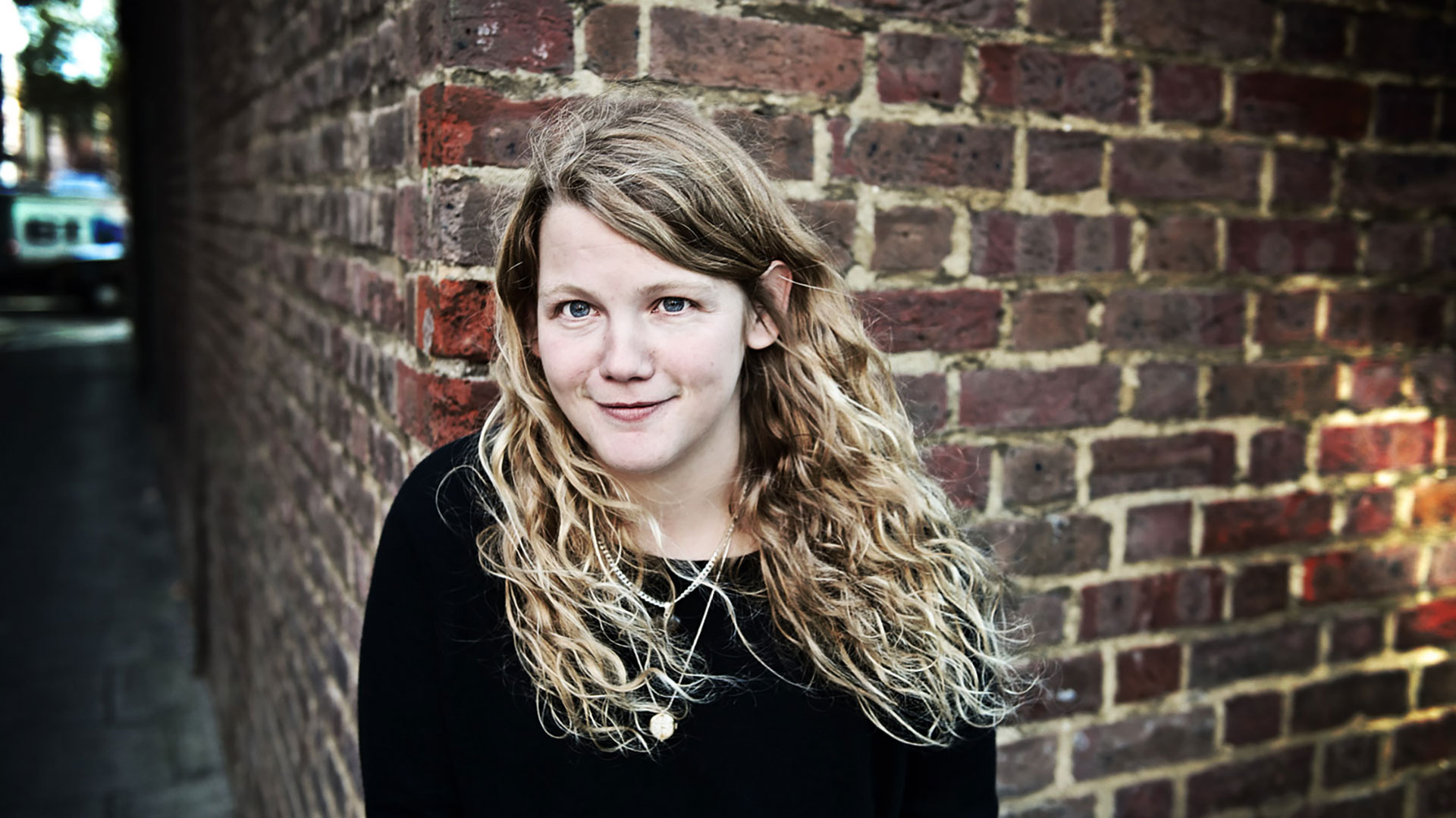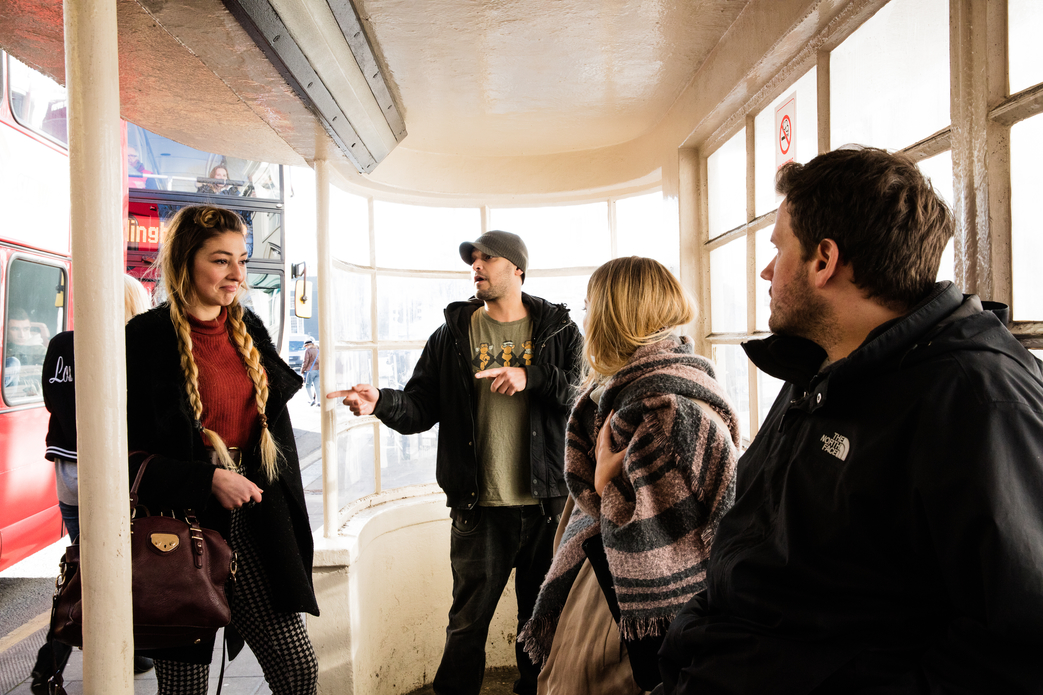Why was it important to you to include different voices in your programme and open the arts up to a wider audience?
I suppose that in my personal experience of being a poet, a storyteller and someone who works publicly with narrative I have come to realise that there are equal roles within that exchange – that is the person who is telling the story and the person who is listening to the story being told as well as the story itself. It is a kind of trinity of communication. In that moment, the receiver of that story is as important as the text itself or the writer of that story. Everyone can get a kick out of watching a piece of circus, theatre or dance, music or poetry. The only thing stopping people from enjoying those forms is ticket price. I thought it was very important to allow people who would never dream of spending £30 to come and see a performance would have the opportunity to come along and watch something if they wish.
Have the arts become elitist?
I don’t think they’ve become elitist but I think there is elitism in the arts. The same as there is in all areas our social and cultural lives. At the same time they are entirely democratic in some ways in that you can just make art and express yourself. This is an extremely important part of mental health and personal understanding. There is no need for art to be lauded for it to be successful in its aim which is to connect people, audiences or just yourself with some sort of truth. Over the years I’ve had real pleasure in reading the Street Lights section of The Big Issue. I think that it is worth just appreciating and acknowledging how great that section of the paper is and how often I’ve been really moved and blown away by some of the writing I’ve found in The Big Issue.

Great to hear! How does the act of sharing stories help people or contribute to a sense of community?
It is very important that we learn to listen, not just to people on stages telling stories but also to life and to situate ourselves more fully in reality. We need something to reinvigorate our senses. Listening is not just about gathering in a room and having the poet tell us the story and then leaving. It’s about what happens once you’ve trained your mind and your ears to experience the narrative in an overt way. You can then key into it everywhere, it’s all around you. So, this idea of being able to look closer, humble yourself and listen to what other people are saying, is for me, the most beautiful thing that can happen after a show. People leave and go out into the lives and just remember that they are alive.
What is the role of the arts at this point in time when society is so divided?
The role of the arts is the same as the role of the arts in any time, which is to help us understand ourselves and each other more fully than we would do without them. Everything is narrative. Everything we believe about ourselves and each other. The way that we organise our lives, our families and our societies and our emotions is all about narrative. The arts can help us through exposing us to overt narratives, to understand the narratives we are telling about ourselves or that people are telling about us.










